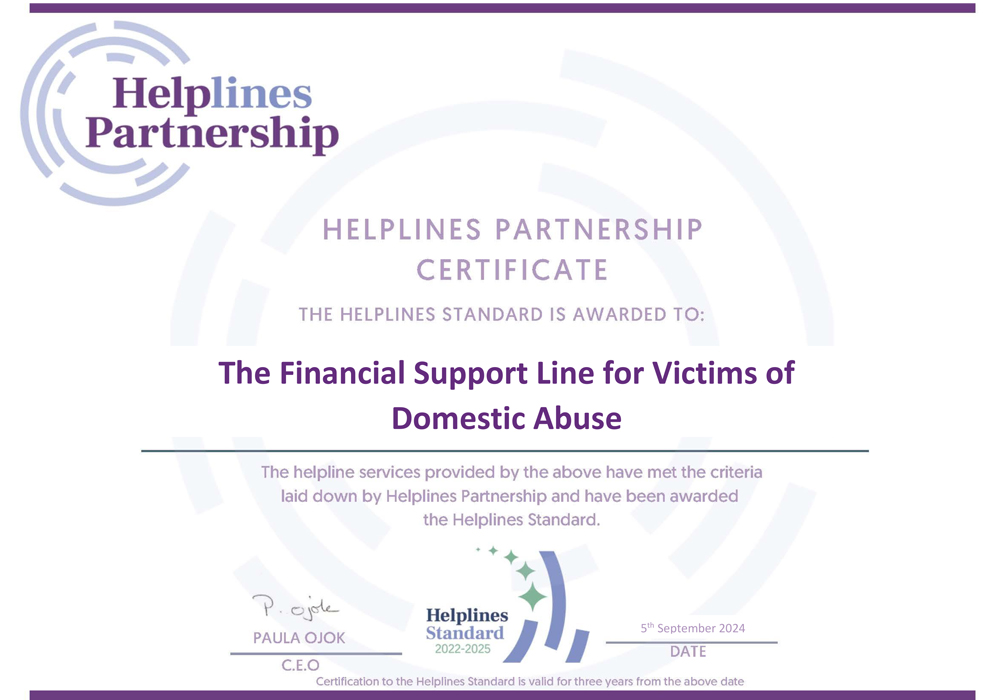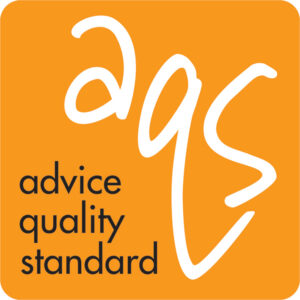How to protect yourself from scams
Scams are the fastest growing area of crime
Criminals can comfortably make a lot of money, so they are always coming up with new ways to con people out of their money. It could be via a phone call, through the post, a text message, email or even in person.
A telephone call is the most common way you will be contacted for a scam. Bona fide companies do not make unsolicited calls – if you have any doubts hang up – you can then check the number in your phone book & call your bank, or call the police, or call a computer support agency. Scams can also arrive by post – often a letter saying that you have won a prize.
“If it sounds too good to be true, it probably is”
What do I look for?
- You are contacted by someone who you do not know or by a company you have not heard of.
- You are asked for money, or you are offered money.
- You have to make a quick decision and have no time to talk to your friends and family about it.
- You are told to keep it a secret.
Other helpful links
→ Age UK scams & fraud help
→ Protect yourself from cyber fraud
→ Sussex Police Operation Signature
How to spot a scam
- You receive a text message, email or call from someone who tells you that you have won a competition
- You are asked to provide your bank details so that your winnings can be put into your bank account
- Before you give any personal information, you need to make sure that you did participate in that competition or it may be a scam
- You receive an email from someone you do not know, who asks you to give them money
- This normally involves a story, such as ‘I have won the lottery but I need money to claim the prize’ or ‘I am stuck abroad and need a flight home’
- If you receive one of these emails, ask someone you trust to read it



